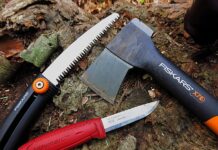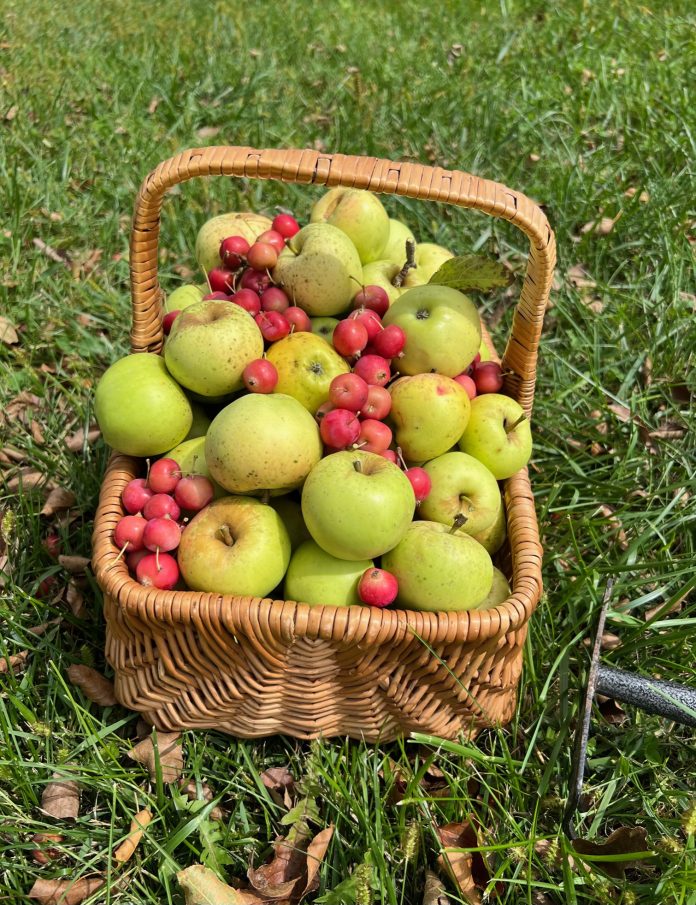
The kids are back in school so here is your reminder that September is National Fruit and Veggie Month. It goes hand-in-hand with September being Emergency Preparedness Month. There is truly no reason that you can’t torture your children with brightly colored plant foods ANY month of the year (and you should). That goes right along with emergency preparedness, because PRESERVING fruits and vegetables IS a form of preparedness. Didja like that segue? So here we go with multiple reasons why you should learn at least a couple ways of preserving food.
Food History
Humans have been preserving food for multiple millennia. Even before we stopped living hand-to-mouth as hunter gatherers, human beings have been working out ways to save excess food for later.
Without getting too pedantic, most foods last longer if we make them inhospitable for spoilage germs. Common ways to do that can be with salt, smoking, drying (or combos of those); increasing acidity through pickling or fermenting; or using large volumes of sugar to take up of all the water, thus not allowing bacteria to reproduce.
Like beef jerky for snacks? It’s not just junk food. Early humans in many cultures learned how to dry, smoke, and salt meat and fish as a way to keep it from spoiling for longer periods of time.
You might just enjoy eating pickles these days because you like the flavor, but the root motivation for sticking something in vinegar was originally preservation of that food for later consumption when fresh foods might not be available.
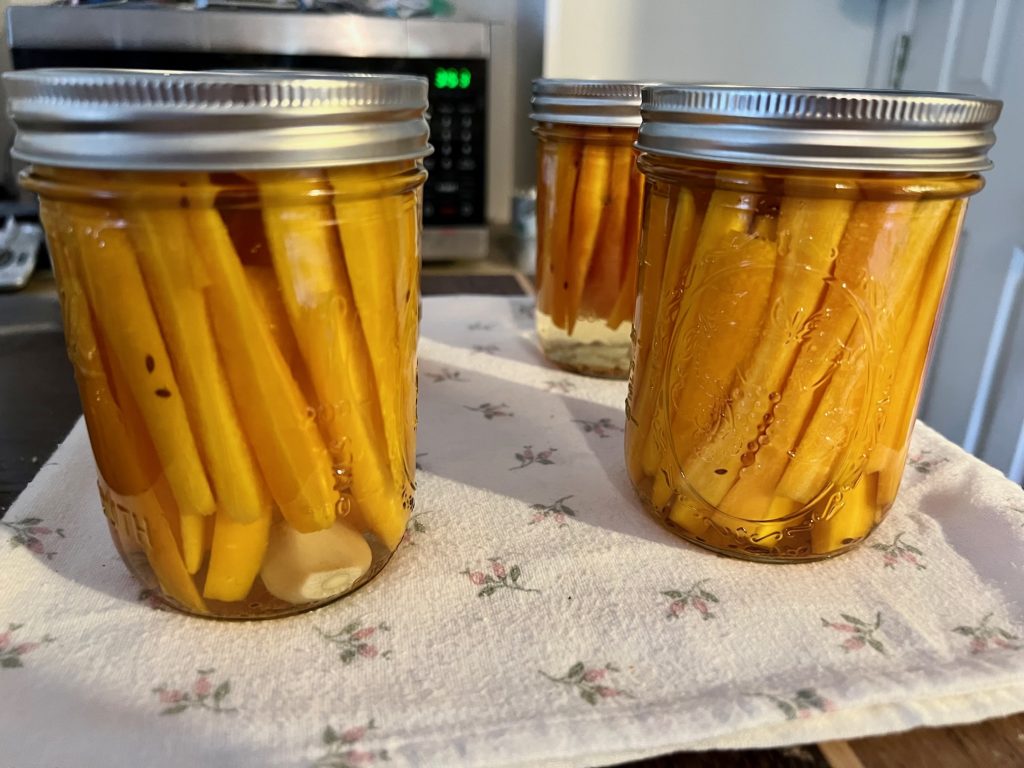
The same goes for foods like sauerkraut or kimchi, whether you like them or you don’t. Packing cabbage or other vegetables with salt someplace cool results in a fermentation process which ultimately preserves the vegetables in a lactic acid solution, thus inhibiting the growth of other bacteria. This method used “good” bacteria to suppress “bad” bacteria – even before people knew what bacteria were.
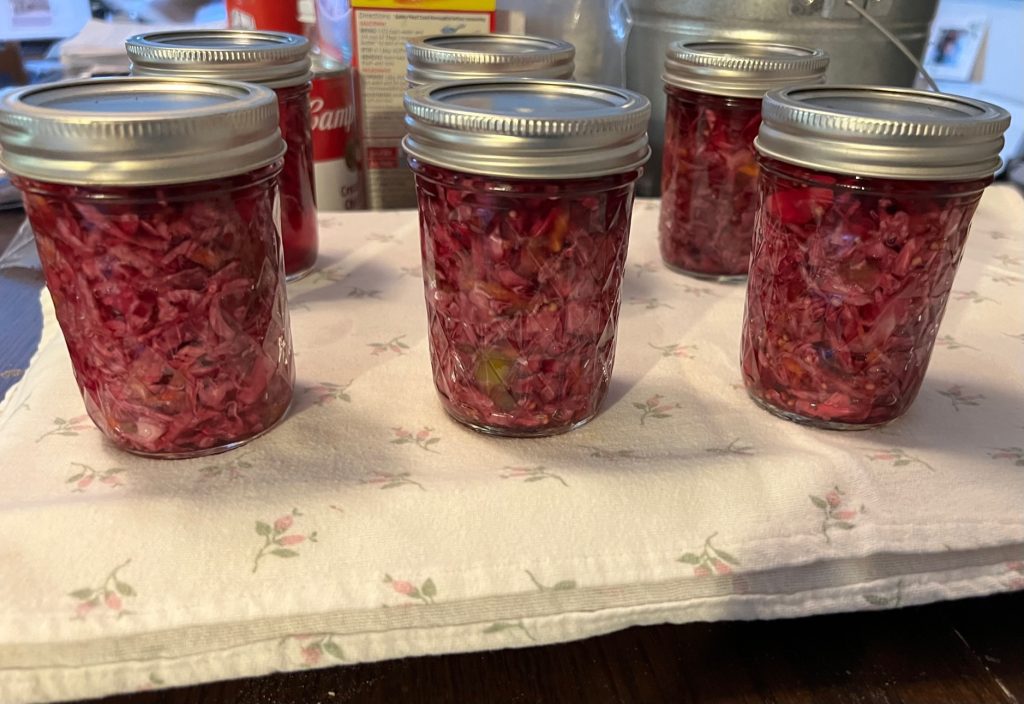
You may just enjoy jam on your toast because it is yummy, but your foremothers made jam as a way to save fair weather fruit for consumption long after the fruit would have otherwise rotted.
Food Preservation is for Everyone
These foods that we take for granted on the store shelf today were originally “survival foods”, though many people nowadays don’t realize it. If you look at it in that light, then food preservation is not such a foreign concept and there is no reason that you can’t try it for yourself.
You don’t need a ton of specialized equipment to get started preserving food. There are directions and videos all over the internet for how to freeze or dehydrate food. Canning needs to be a good bit more precise, so beware of where you get your information – not every method on the internet is safe. The National Center for Home Food Preservation is a solid place to start.
If you have a stove and a freezer you can blanch and freeze vegetables. If you have an oven you can learn to dehydrate. Basic electric dehydrators aren’t that expensive either. Fermentation doesn’t require much except some reading and maybe a burpable lid.
Food preservation and eating fruits and veggies isn’t only for people with huge gardens or grandmas or farmer-types either. Given the current price of groceries, almost everyone can grow some types of food – even in pots on the balcony – and preserve it in some way. Waste not, want not. Canning takes some reading-up, but dehydrating food is easy-peasy. You can do it in the oven, but low-end electric models are rather inexpensive.
Is that giant bag of spinach from the grocery store not disappearing fast enough to keep it from getting icky? BEFORE it get slimy, eat what you can and dehydrate the rest. You can then crumble it over dishes for color, or make greens powder to add to everything! The same goes for produce that is marked down at the grocery store because it is teetering on the edge. Buy it cheap and dehydrate or freeze it.
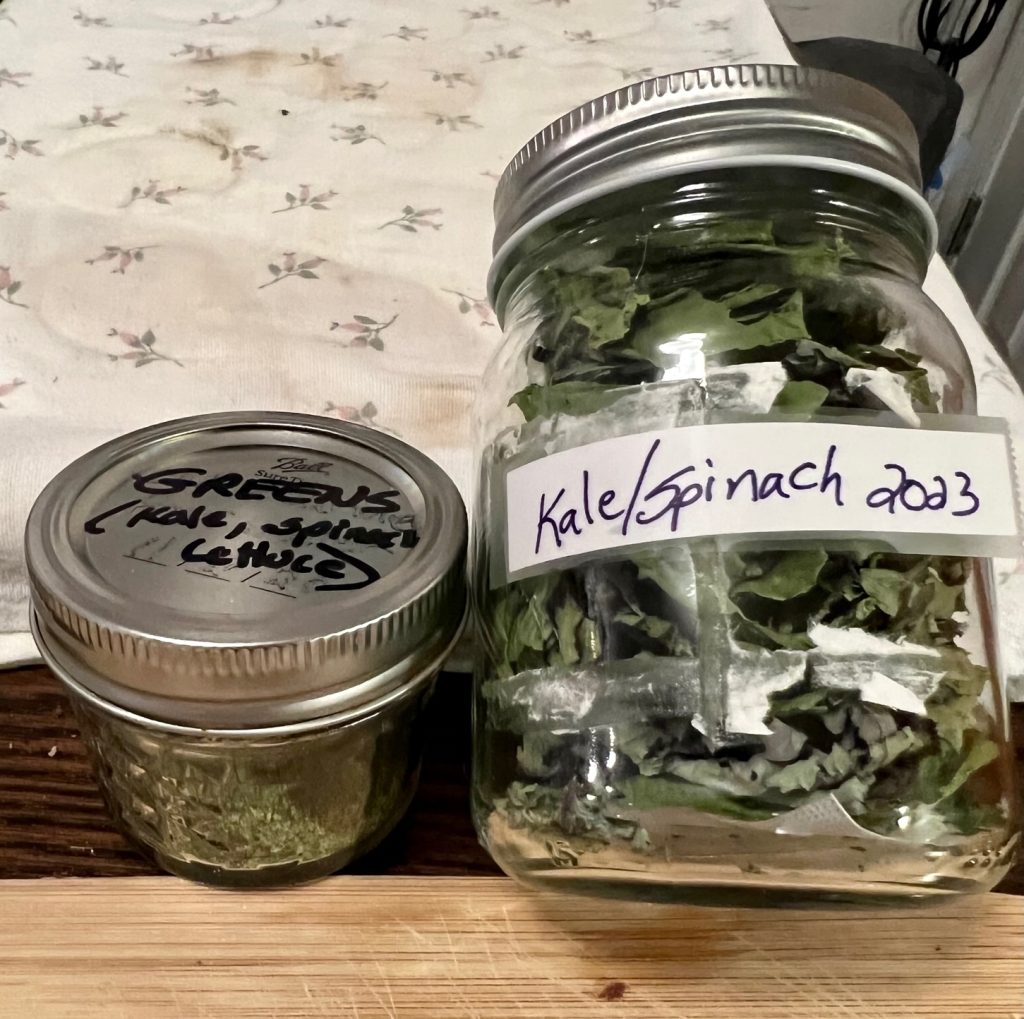
Got that giant holiday fruit basket from a business associate that you will never eat before it goes bad? Dehydrate the fruit for snacks! Apple and Pear chips are amazing, but applesauce and pear sauce for the freezer are also delicious!
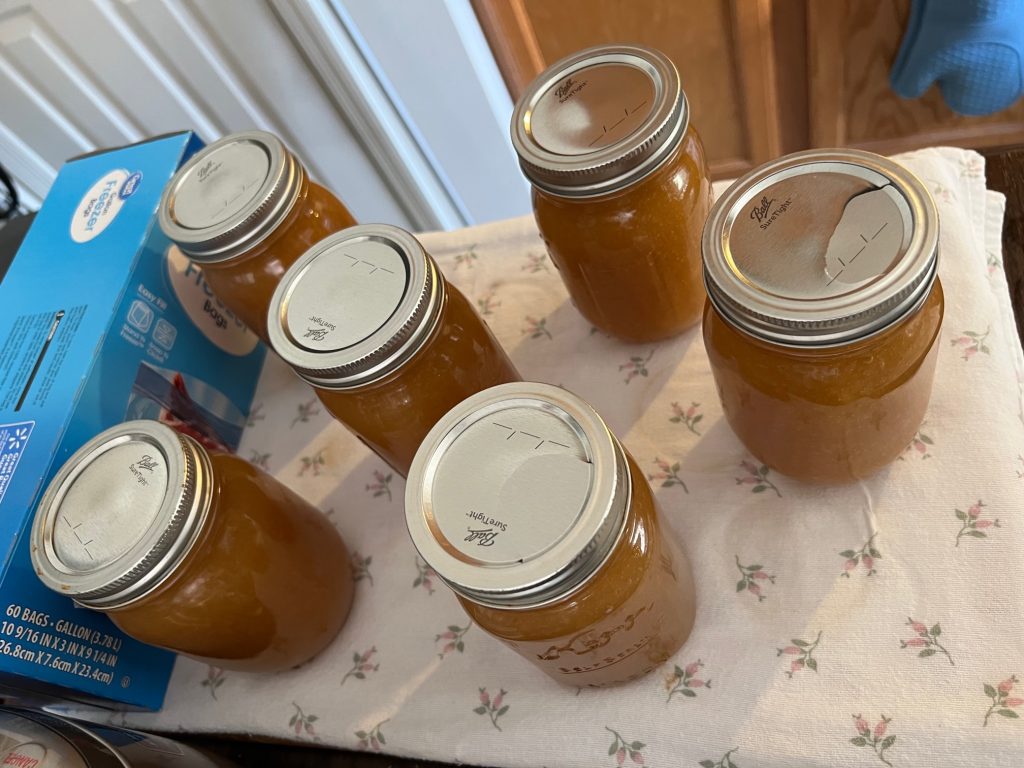
Did a sneaky neighbor drop off a huge bag of zucchini on your porch? Make zucchini bread and freeze it for the holidays. Or slice and dehydrate it into chips for snacks!
Is there a huge public space blackberry bush along your bike path? Pick’em and make jam or freeze them for later! Free food!
Have only a tiny apartment freezer? Dehydrating is a great space-saver. I buy commercial freezer bags of hash brown potatoes and dehydrate them for the shelf. It’s a great way to maximize your food storage when there are sales.
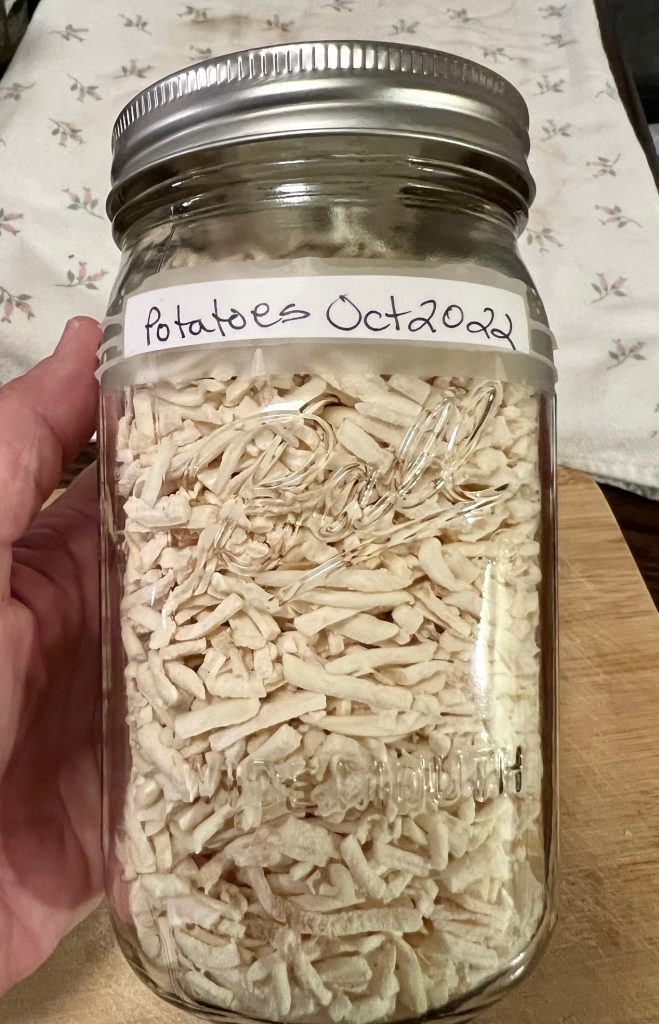
There are myriad ways to take advantage of sales and seasonal pricing on fresh and even frozen fruits and vegetables. Also don’t be afraid to ask your neighbors about the fruit trees in their front yard that gets left to rot. They may be happy to let you pick them. More free food!
Don’t think it is too late for you this year. Winter isn’t here yet and there are some produce varieties still to harvest. Pumpkins and winter squash even store well on their own and will keep for months. There is still plenty of time to preserve some food for yourself and stock your pantry for the winter. Food prices will likely continue to rise, so do something good for yourself – learn some food preservation methods. You won’t regret it.

